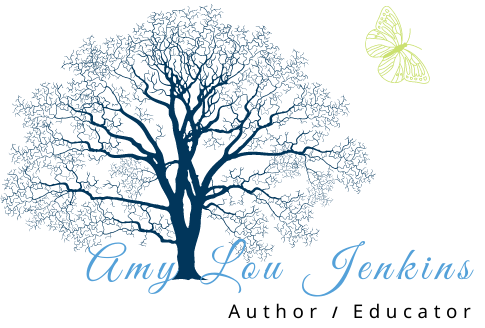
What Does it Mean to Eat With Grace?
Previously Published in the Muir View
To Eat with Grace features work from Tamar Adler, Jane Hirshfield, Barbara Kingsolver, Maxine Kumin, Gary Paul Nabhan, and many others—pick up a copy today.
To Eat With Grace: a Selection of Writing about Food from Orion Magazine, Forward by Darra Goldstein, 2014 The Orion Society, 2014, 88 pages.
Approaching To Eat With Grace, I braced. I expected to feel guilty for never finding a local source of grain or for eating Auntie’s chicken dinner without asking if the hen had roamed a beautiful range (in Wisconsin, in February?—any sane foul would huddle in a shelter). The beautiful salmon served from a friend’s barbeque looms in my memory along with his words “since they started farming salmon, the prices are so reasonable.” I continued to eat my portion trying to avoid thoughts about a concentrated slurry of fish/waste and ocean dead zones. Who needs more guilt about food?
More Carrot than Stick
Orion essays are not likely to beat one over the head. To Eat With Grace essays and poems do not proclaim food dictums. Rather they wander a beautiful labyrinth searching for the meanings in relationships that transfer life, culture, and legacy. This is true in Orion Magazine as well as their other Orion Reader Anthologies
Forgotten Native Foods
Tamara Dean opens our eyes to a local food staple that we have ignored. The wild groundnut, which Thoreau explored and sampled, hasn’t made progress in notoriety since his day. European settlers thought the foods of the native populations were inferior and imported their familiar crops. The groundnut is so forgotten that many Native populations don’t know their own history with this food source. Once Dean prompts us to search for what some call Apios Americana, our relationship with this food staple could change so that like her “we see it everywhere.”
US Love Affair with Horses and Horsemeat - Not So Graceful
Lisa Couturier holds an uncomfortably bright spotlight on the horsemeat industry. Since we tend not to eat horses in the US, it’s easy to imagine that we honor our horses. As Couturier reports with difficult sensory detail, we come to understand the special relationship that many have with their horses lasts only as long as the living horse offers significant benefit to the owner. Once the horse has more benefits as a meat product to be sold overseas, an industry lies in wait. This important, though cringe-worthy, essay might also be considered alongside Orion's anthology To Eat With Grace
Love and Celebration
Katrina Vandenberg cajoles us into loving the hard and complex vegetable of fall.
Tamar Adler offers a vision of eating that ceases to celebrate exotic, imported and rather celebrates the “bobbing and tilting” of wise food decisions that each individual makes within their pantry and community.
Debra Slicer’s poetic celebration of the apricot “a summer Taos sunset” weaves the thread from life to death into a gossamer matrix. A sensitive reader will want to caress, smell, lick, taste, swallow and savor that next summer apricot—and feel alive.
The Orion Society furnished a copy of To Eat With Grace for review. Contact Amy through www.AmyLouJenkins.com This review first appeared in the Sierra Clubs’ Muir View.
